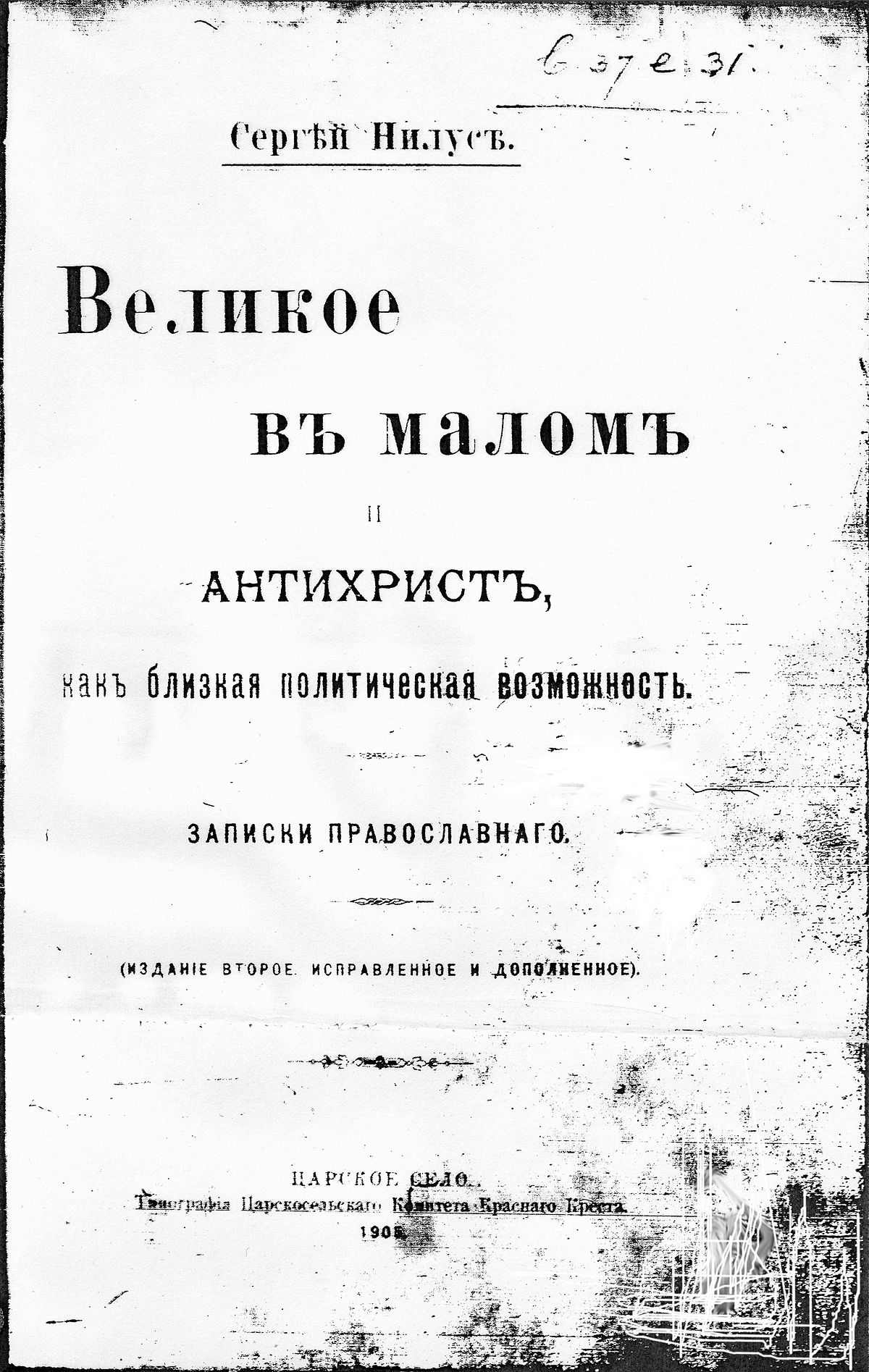If you think that a report which is in the realms of fantasy, which it is, should be reported as News, then you and I understand news in very different ways.
What I suggested was that if the BBC is to use that kind of material, it should not be in a "News " context.
The ONS report, unchallenged by the BBC report( unless I missed something) gives that 26% figure.
It needs seriously challenging,in any BBC context, by people with the skills to do it effectively.
What I suggested was that if the BBC is to use that kind of material, it should not be in a "News " context.
The ONS report, unchallenged by the BBC report( unless I missed something) gives that 26% figure.
It needs seriously challenging,in any BBC context, by people with the skills to do it effectively.


 I did not know about that.
I did not know about that.
Comment